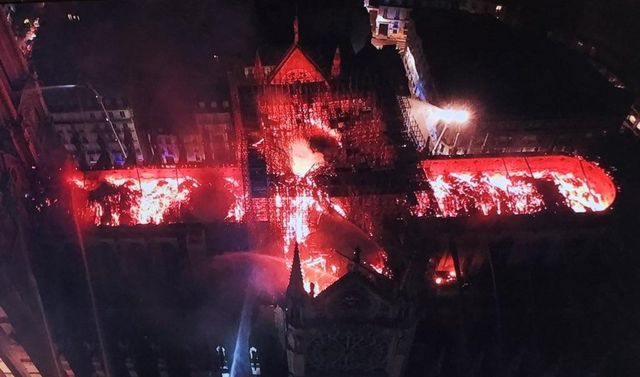Recently, my good friend and teacher Dr. John Mark Reynolds glossed the opening to Plato’s Phaedrus, which opens with the provocative set of questions, “Where did you come from, and where are you going?”
Login to read more
Sign in or create a free account to access Subscriber-only content.
